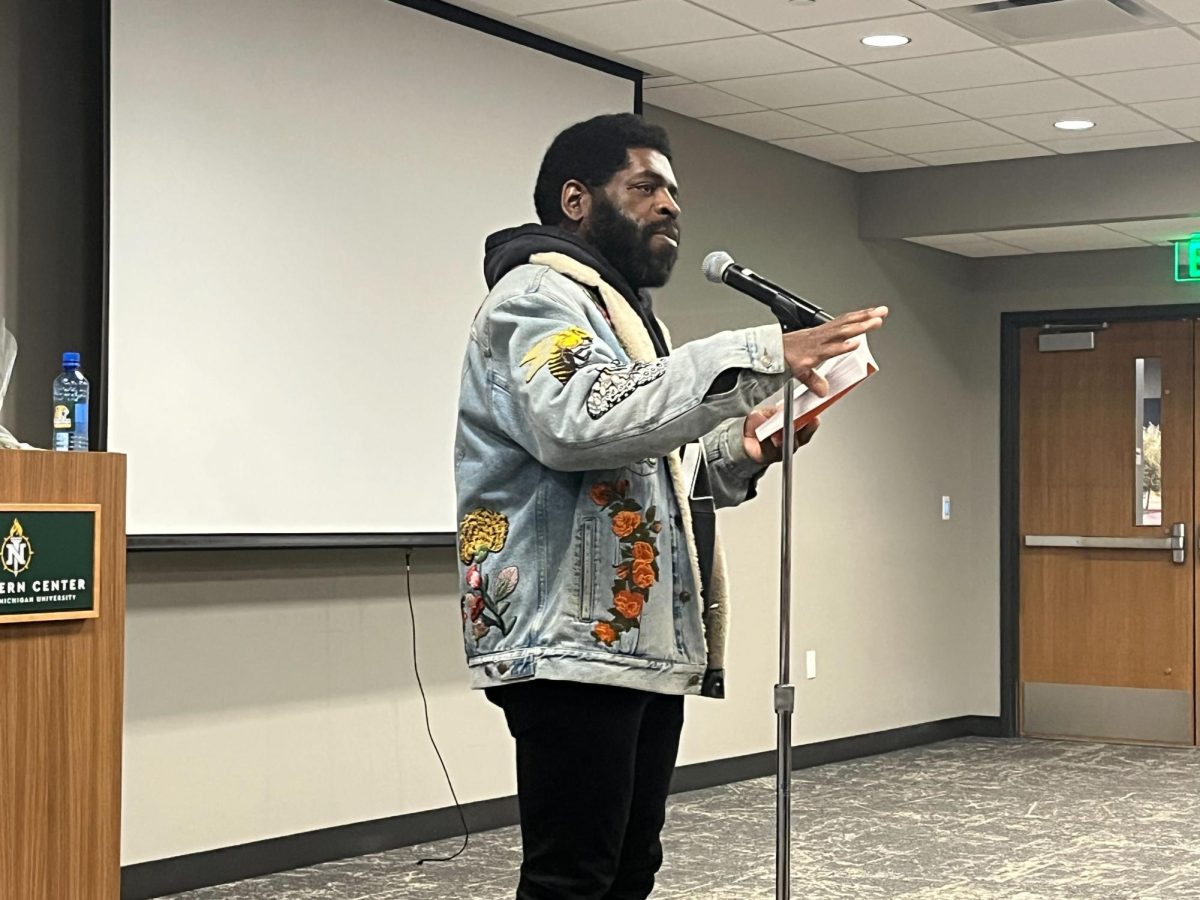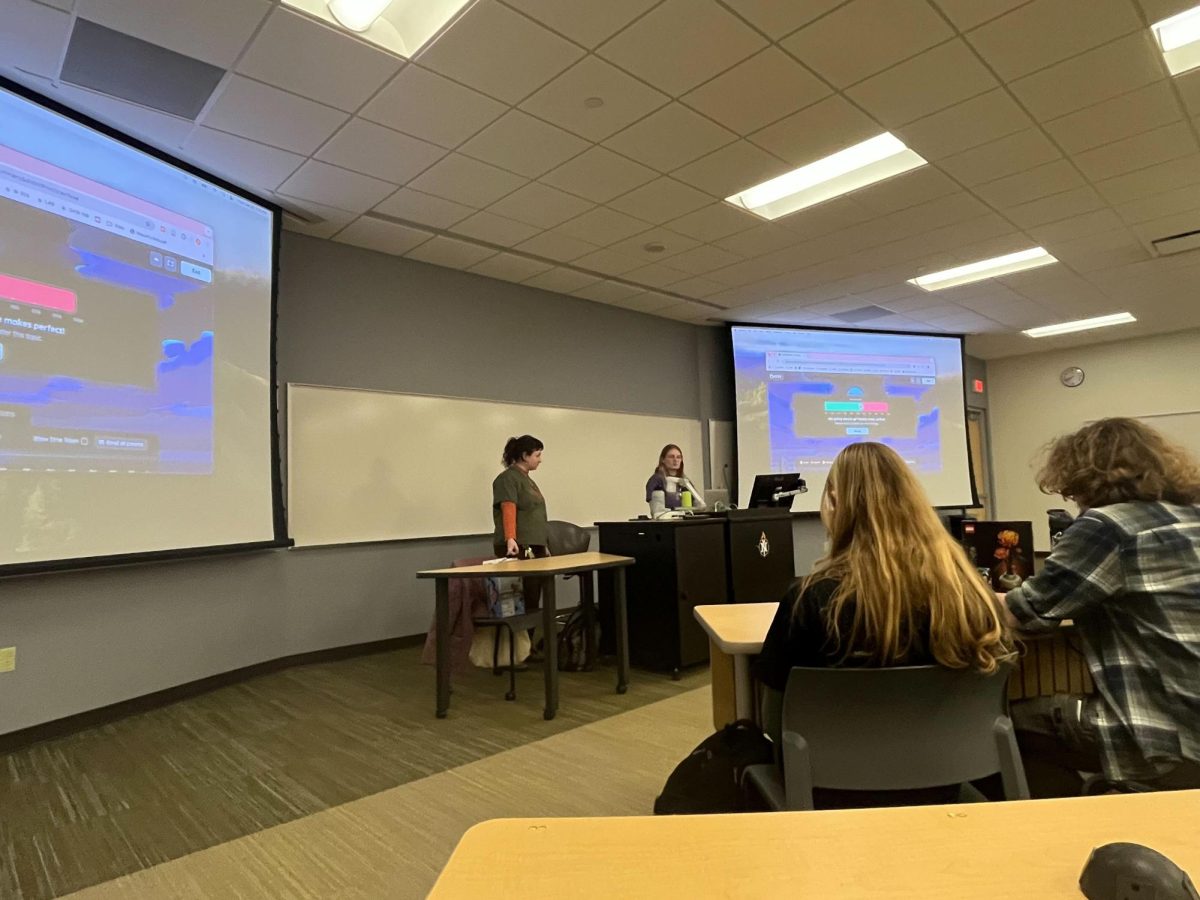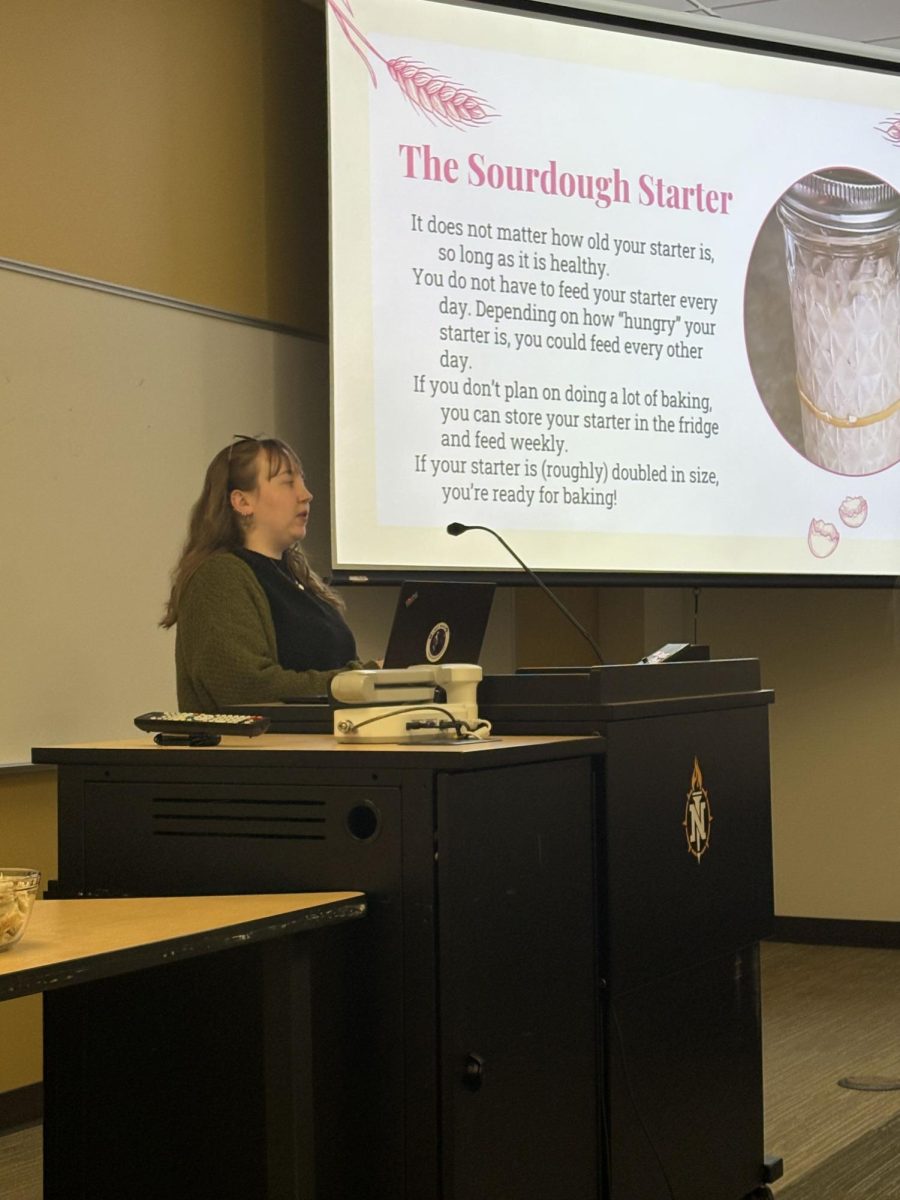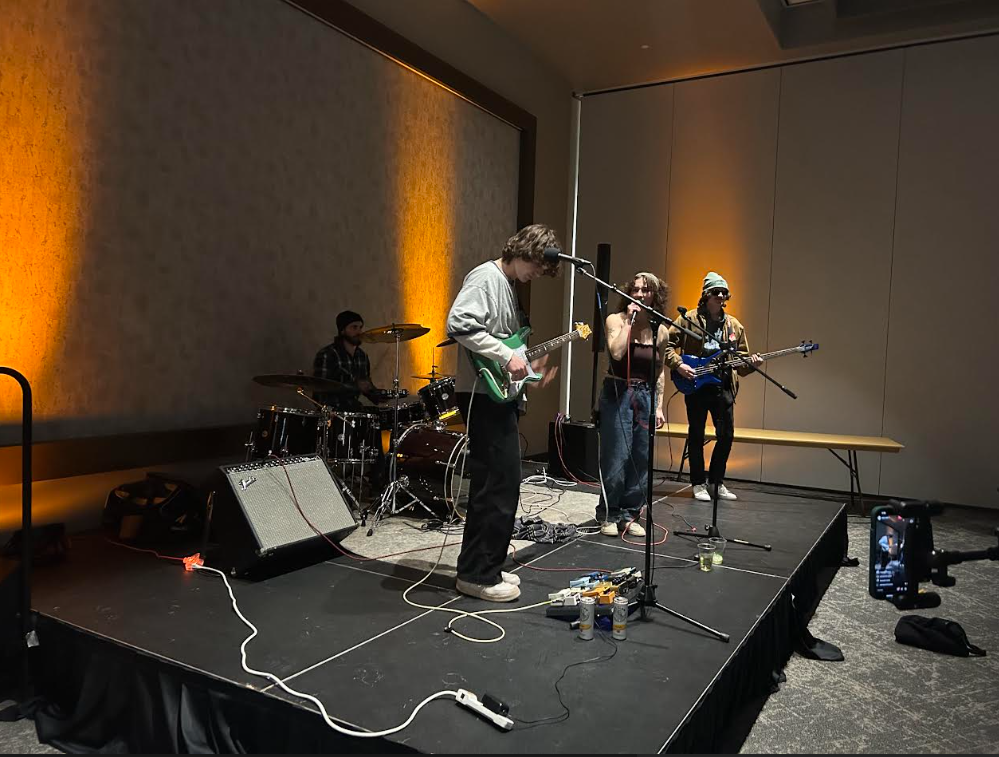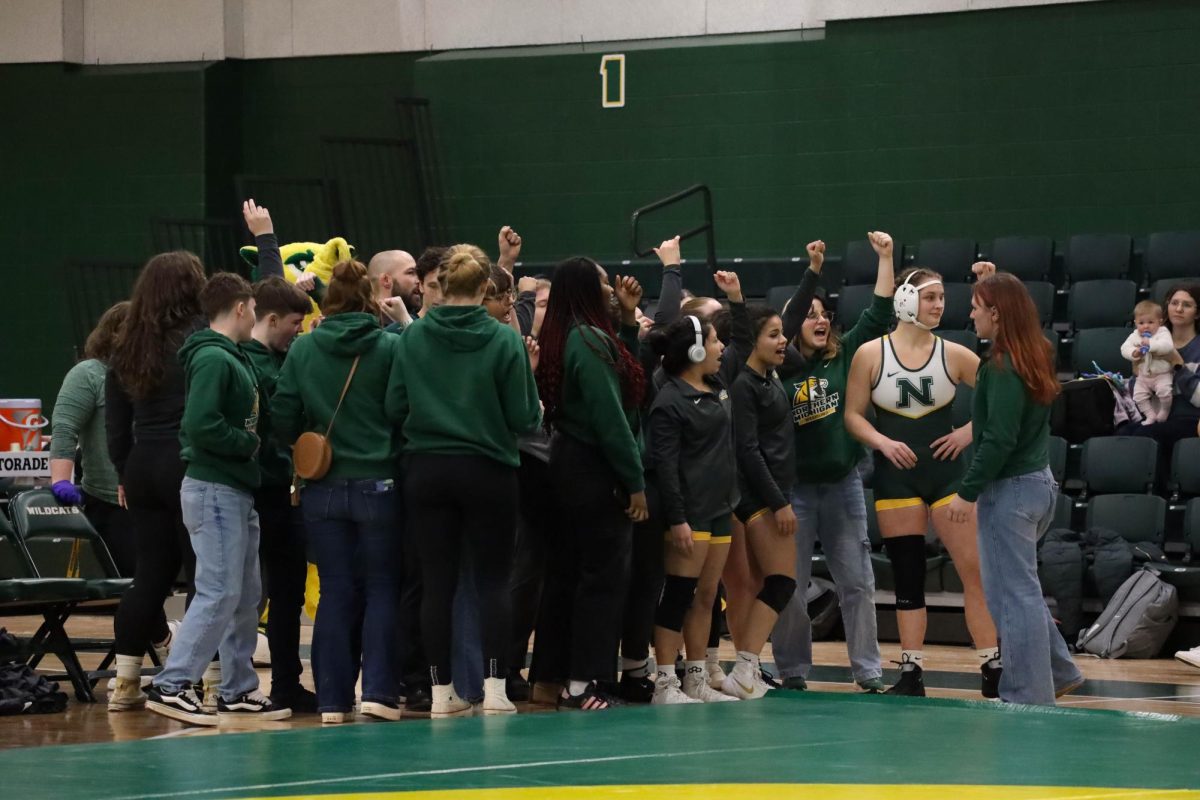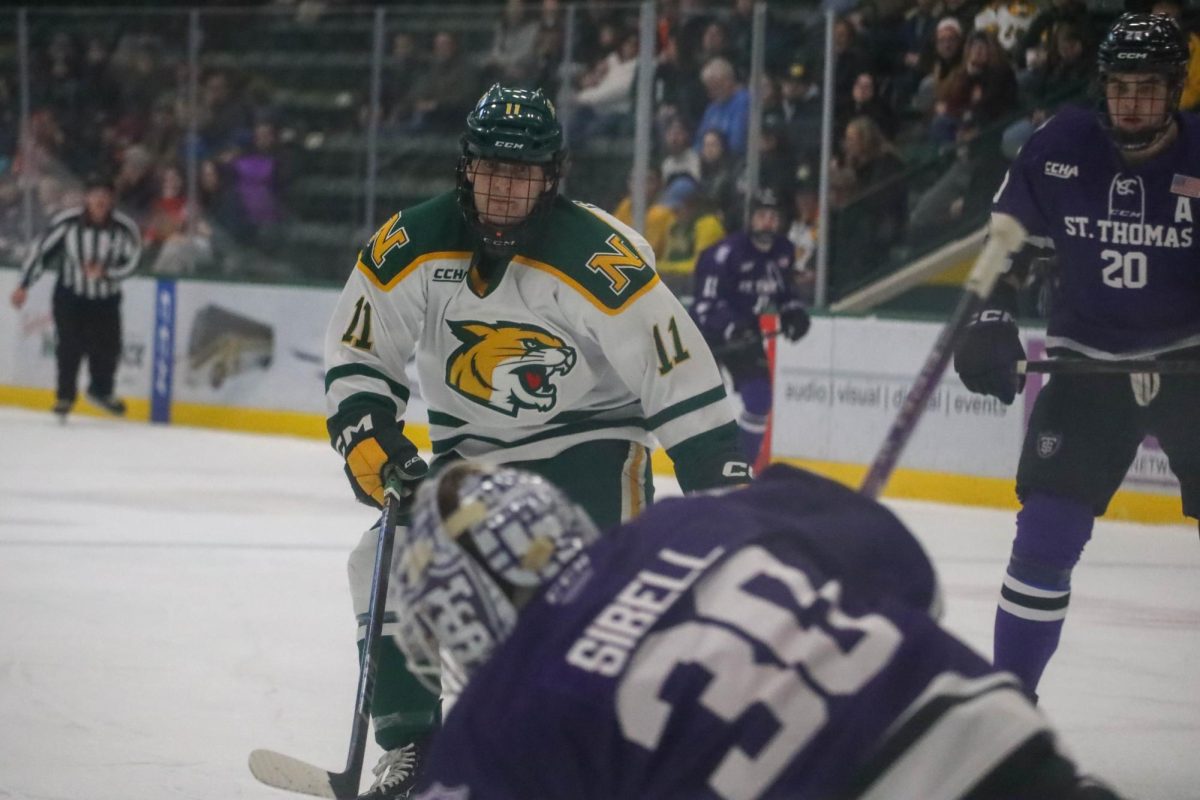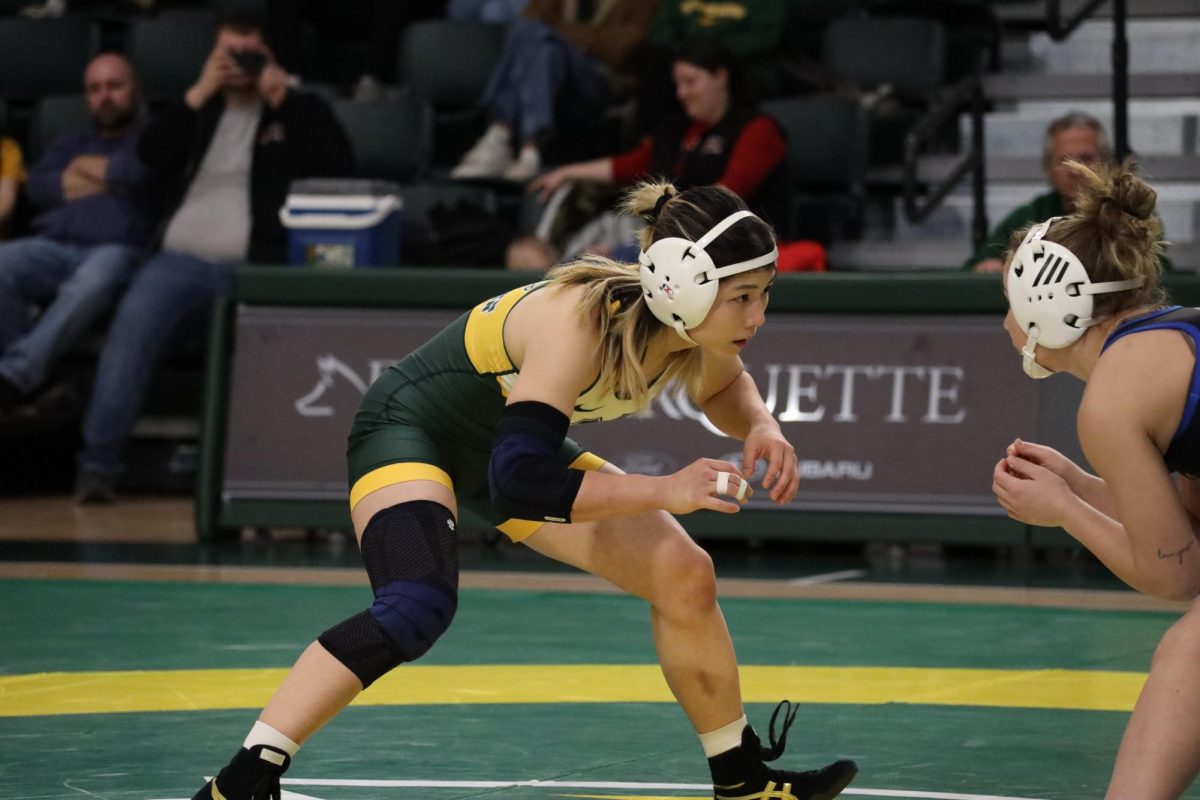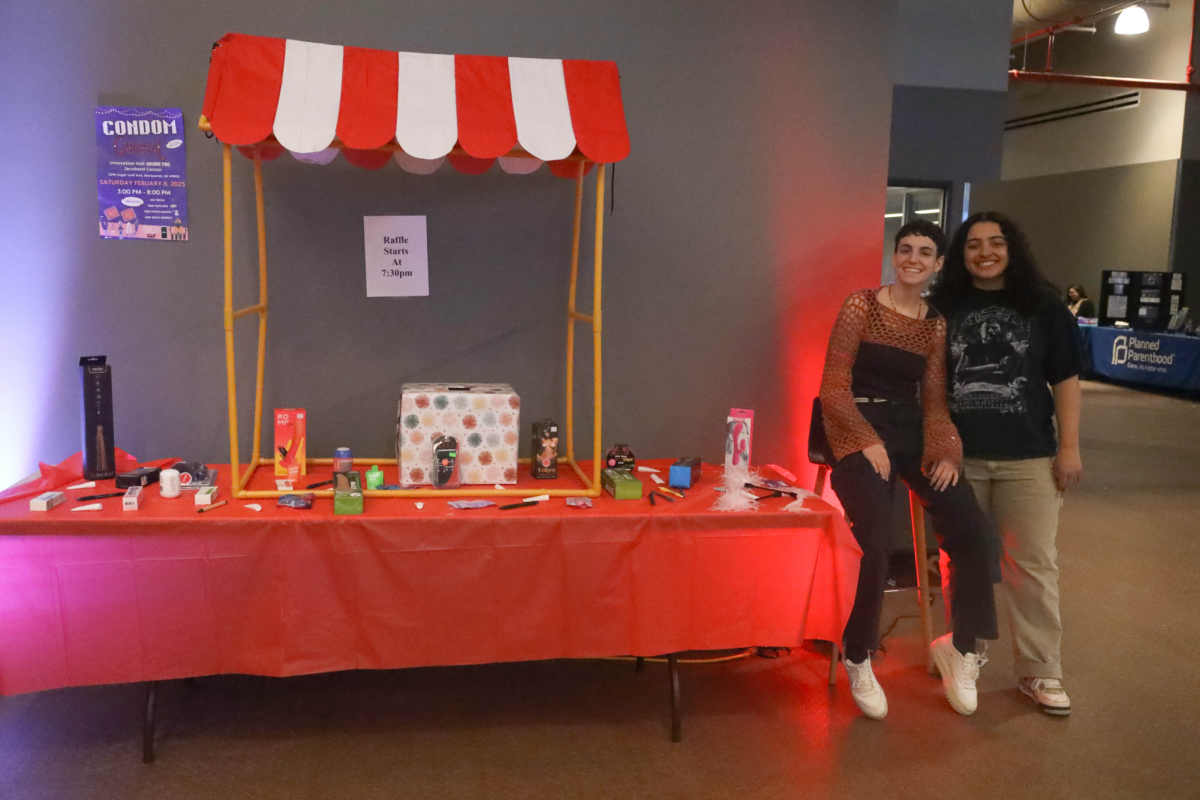After Northern Michigan University gave a presentation on the WiMAX system last year, UMass Dartmouth, a university in Massachusetts, looked to NMU for guidance in creating a similar system for their college. After working with NMU, UMass Dartmouth is now the second college in the U.S. with a WiMAX system.
NMU’s WiMAX core is leased to UMass Dartmouth for a monthly fee. The initial technology for the core is expensive, so it was cheaper for UMass Dartmouth to use NMU’s and purchase the rest of the technology for the base stations, said David Maki, chief technology officer at NMU.
“We charge them to use the base station,” Maki said. “It helps us pay for our WiMAX.”
The base stations read signals and sends an approval message to the core in order to let the device onto the system, Maki said. He said that when students open their laptops initially, a signal is sent to the base station asking to connect to the network. It then sends a message to the core allowing the laptop to connect.
Working with UMass Dartmouth was easy, Maki said. Working with another university is easy because everyone working on it knew what they were doing.
“The people on our end knew how to make a connection. The people on their end knew how to make the connection. It was pretty simple,” Maki said.
Although NMU and UMass Dartmouth are the only universities to have these systems, Maki believes that other universities will follow suit. The Federal Communications Commission’s (FCC) regulations state that if universities do not utilize their spectrums by November, they will lose them.
“I wouldn’t be surprised if we end up hosting other universities before November,” Maki said.
Andrew Darling, director of IT Infrastructure at UMass Dartmouth worked with Maki and other people at NMU to create their WiMAX.
UMass Dartmouth is the only college in their area that hadn’t leased out their spectrum. Because of the university’s large area, there was a great opportunity to use the technology to connect campuses instead of leasing the spectrum out like other universities, Darling said.
The university had spent five years looking into the WiMAX system, but the technology just was not present, Darling said. Once they had worked with NMU, it seemed easy to set up a system and invest in UMass Dartmouth’s own spectrum.
“It took very little time at all,” Darling said. “We had it up and running in a day.”
Although NMU and UMass Dartmouth have a great distance between them, they were able to make the connection. The two universities are as far away as they possibly can be to connect, but they’re still close enough for it to work, Darling said.
Now that UMass Dartmouth has its WiMAX running, they are working with NMU again to create a base station in Cape Cod. Like the original, it will also connect to NMU’s core. From there, they will create more stations that connect to NMU’s core.
“I can’t be happier with how NMU has worked with us,” Darling said. “They’re very helpful people. It’s been a fantastic partnership.”

